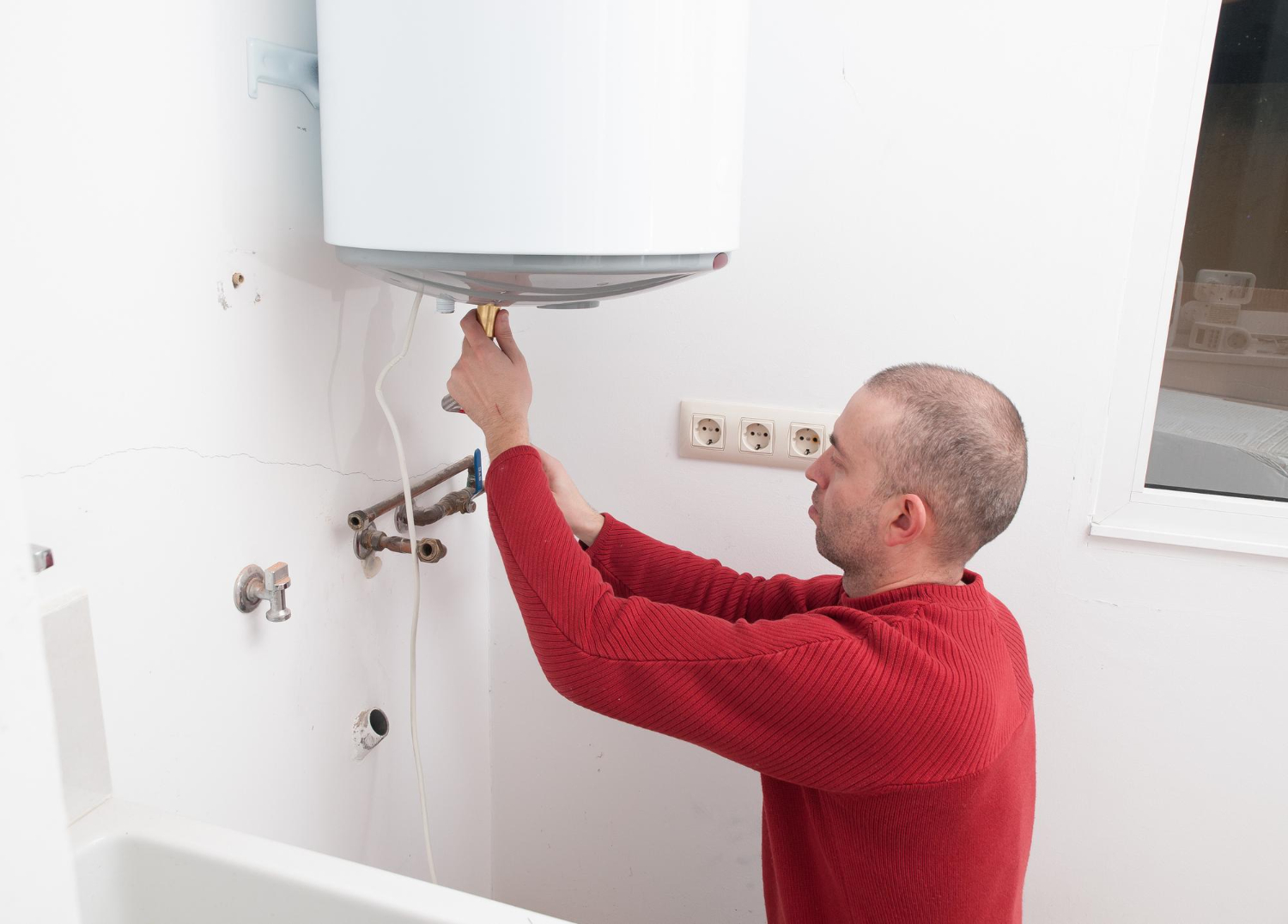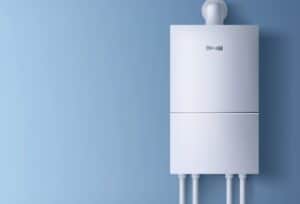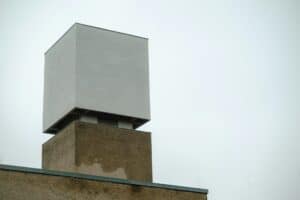
A water heater is an essential part of our home, providing hot water for showers, washing dishes, and doing laundry. However, like any other appliance, it doesn’t last forever. Recognizing the signs that it’s time to replace your water heater can save you from unexpected breakdowns and costly repairs. By staying informed and attentive to your water heater’s condition, you can plan for a replacement before it’s too late.
Water heaters typically have a lifespan of about 10 to 15 years, but various factors can affect their longevity. Regular maintenance can help extend their life, but eventually, they will show signs of wear and tear. When a water heater starts to fail, it not only affects the comfort of our daily routines but can also lead to potential water damage and higher energy bills.
In this article, we’ll explore some of the key indicators that it might be time to replace your water heater. From understanding its age and noticing rust to experiencing inconsistent water temperatures and hearing unusual noises, these signs can help you decide when to make the switch. Being proactive about replacing your water heater ensures that you continue to have reliable access to hot water while maintaining the efficiency and safety of your home.
Age and Lifespan of Your Water Heater
The age of your water heater is one of the most critical factors in determining whether it needs to be replaced. Most water heaters have a lifespan of 10 to 15 years. If your water heater is within this age range or older, it might be time to start thinking about a replacement. You can easily check the age by looking at the manufacturer’s label, which typically includes the installation date.
Older water heaters are more prone to failures and inefficiencies. As they age, the internal components wear down, making them less effective at heating water. Additionally, older units may not meet current energy efficiency standards, leading to higher utility bills. If your water heater is approaching or has surpassed its expected lifespan, replacing it with a more energy-efficient model can offer long-term savings and peace of mind.
Signs of Rust and Corrosion
Rust and corrosion are clear indicators that your water heater might be nearing the end of its life. Check for any signs of rust on the outside of the water heater, especially around the tank and connections. Rust on the unit itself can mean that the interior is corroding, which can lead to leaks and eventual failure.
Inspect the water that comes from your hot water tap. If you notice a reddish-brown tint, it’s a sign that the interior of the tank may be rusting. Rusty water is not only unappealing but also a health concern. It indicates that the water pipes or the tank are corroding, compromising the quality of your hot water supply.
Rust and corrosion will only get worse over time, leading to leaks and potentially causing water damage to your home. If you spot these signs, it’s wise to start planning for a replacement water heater before you face more serious problems.
Inconsistent Water Temperature
Inconsistent water temperature is another sign that your water heater may be on its last legs. If you notice that the hot water runs out quickly or that the temperature fluctuates from hot to cold unexpectedly, it could indicate a problem. This issue often arises because the heating elements inside the tank are failing or sediment has built up at the bottom of the tank, reducing its efficiency and overall capacity.
When sediment accumulates, it acts as an insulator, making it harder for the heating elements to warm the water, leading to inconsistent temperatures. Fluctuating water temperatures can not only be inconvenient but also affect daily tasks like showering, washing dishes, or doing laundry. Pay attention to these temperature changes, as they can be a clear indication that your water heater is no longer performing at its best and may need replacement.
Unusual Noises and Leaks
Unusual noises coming from your water heater, such as popping, banging, or rumbling sounds, are a sign that something is wrong. These noises are often caused by sediment buildup at the bottom of the tank. As the sediment heats up and hardens, it can cause the water heater to overheat, creating these disturbing sounds. Over time, this sediment can damage the tank, making it less efficient and more prone to failure.
Leaks are another serious indicator that your water heater needs to be replaced. Even a small leak can lead to bigger problems, including water damage to your home and increased energy bills. Check around the base of your water heater and its connections for any signs of water. If you find any puddles or noticeable moisture, it’s a clear sign that your water heater is compromised. Addressing leaks quickly can prevent significant damage and the need for more extensive repairs.
Conclusion
Recognizing the signs that it’s time to replace your water heater can prevent a lot of hassles and unexpected costs. Factors such as the age of the unit, rust and corrosion, inconsistent water temperature, and unusual noises or leaks all point toward the need for a replacement. By being proactive and attentive to these signs, you can ensure that your home continues to have a reliable and efficient hot water supply.
If you suspect your water heater is nearing the end of its life, don’t wait for it to fail. Updating your water heater can improve energy efficiency and provide greater peace of mind. For expert advice and professional installation, contact My Jockey. We serve Saratoga Springs and The Capital Region, NY, and are here to help with all your HVAC and plumbing needs. Let’s ensure your home stays comfortable and functional with a new, efficient water heater.





No comment yet, add your voice below!